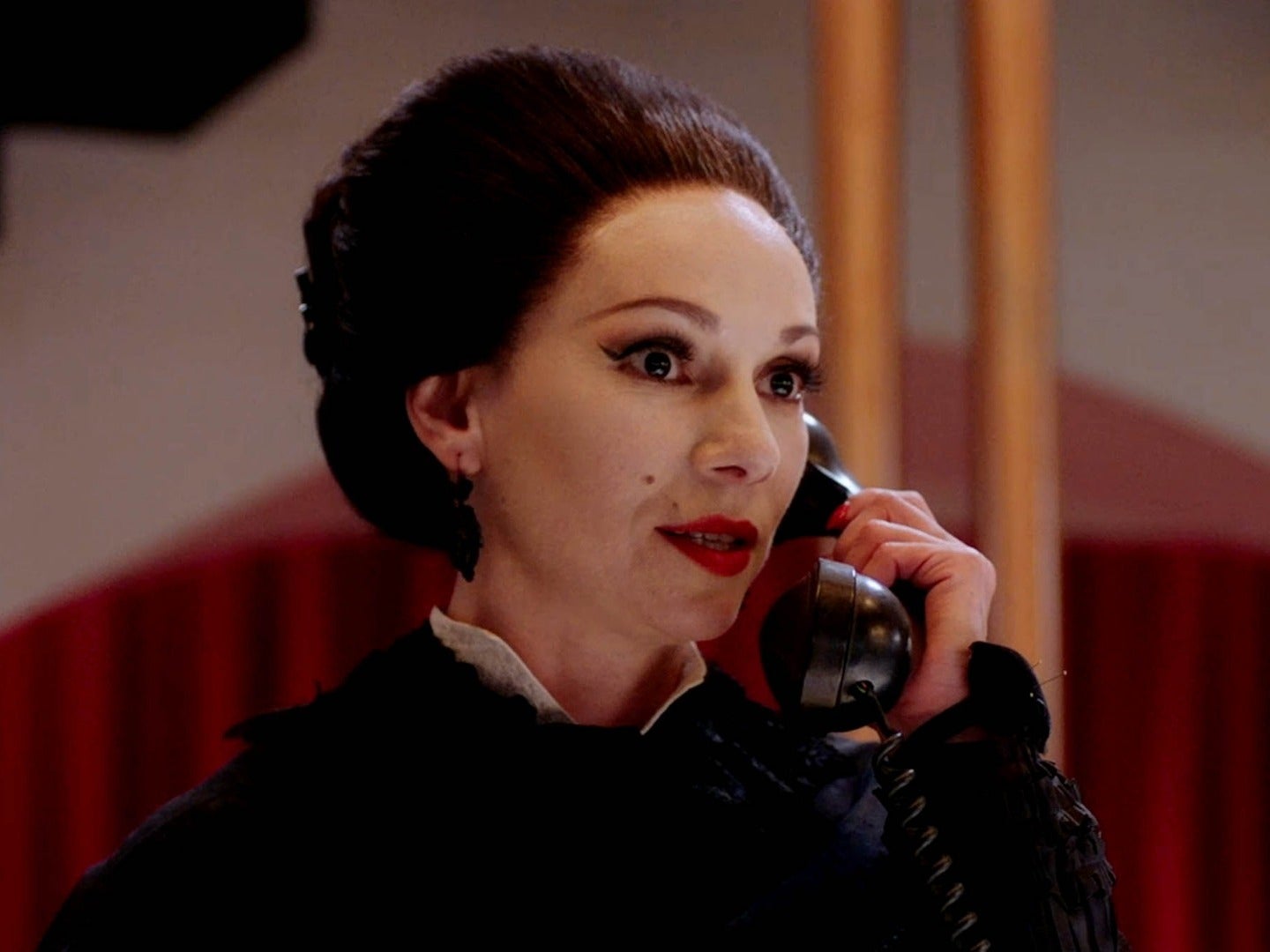
Ask any genre fan and they’ll tell you that cult films are alive and well. Recent years have seen a wealth of memorable midnight movies, eccentric oddities, sleeper stoner comedies, and other “out there” films that are joyfully off the beaten track.
Part of the attraction with these movies designated with adoring cult status is that they’re so very different and much more provocative than mainstream populist fare. The cult film experience differs from conventional cinema by appealing to unique sensibilities, be it the counterculture, genre films, or niche audiences that joyfully indulge in taboo content and proscribed subject matter that deliriously upends convention with razor-sharp satire, exploitation, and/or legitimate ideological dangers and/or controversial content.
The following list looks at recent cult films but be warned; these are movies that foster unhealthy obsession, stylish strangeness, and offer feelings of connection for the bravest audiences amongst us. Enjoy!
10. Always Shine (2016)
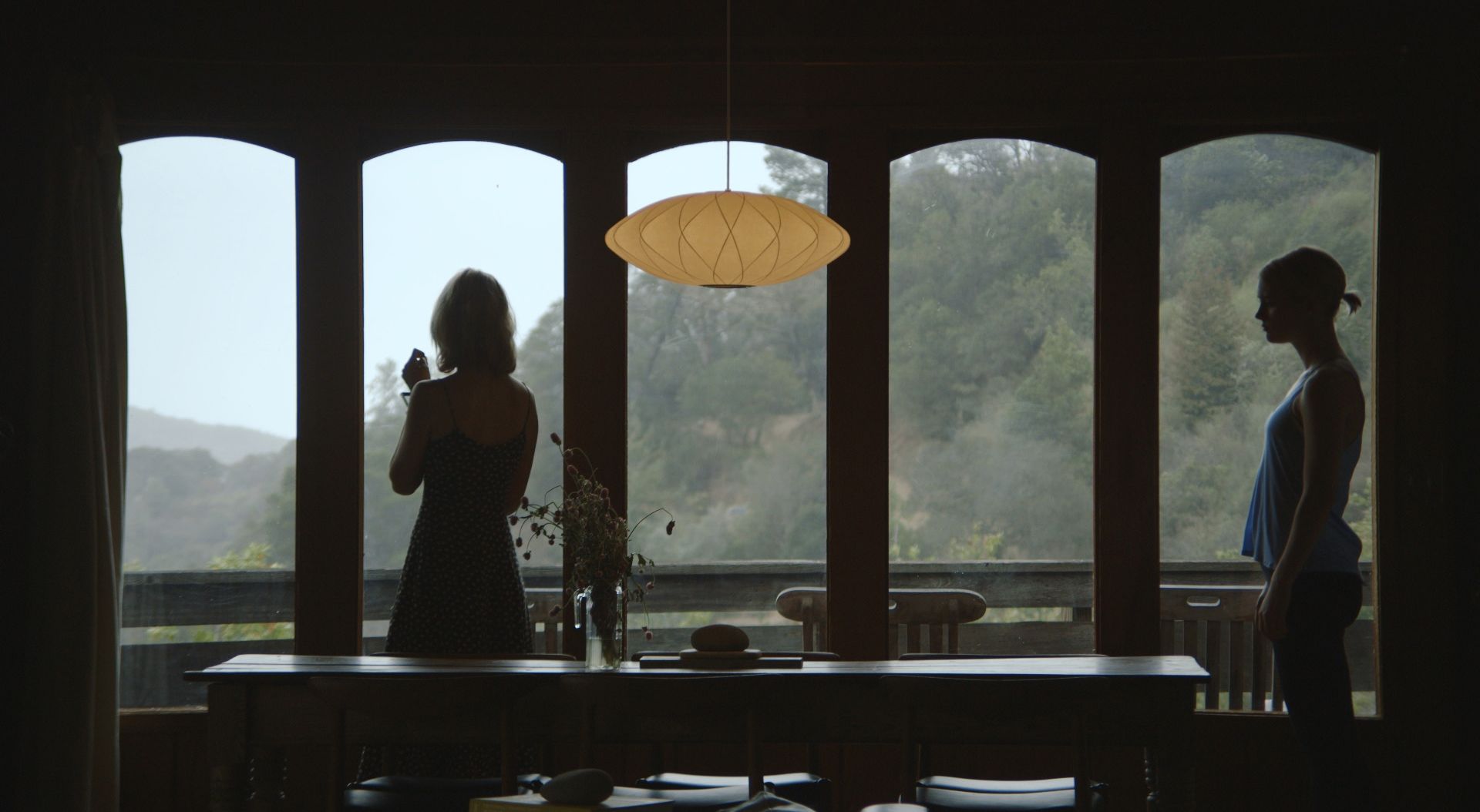
Director Sophia Takal (Black Christmas [2019]) and writer Lawrence Michael Levine weave a web of intrigue and psychological irascibility in this sly takedown of Tinseltown, Always Shine. Two actresses, Anna (Mackenzie Davis) and Beth (Caitlin FitzGerald) leave Los Angeles for a weekend vacay in Big Sur hoping to reconnect their once fine friendship after a lengthy period of competitiveness and jealousy that’s all but driven them apart.
Will their deep-seated loathing of one another be put to rest? Their toxic rivalry makes for a fascinating, unconventional, and upsetting deconstruction in an art house horror that could only exist in a post-Mulholland Drive universe. And like that Lynch masterpiece, much of Always Shine hinges on the brilliant performances of the two leads, each giving tour de force performances in two very demanding roles.
Self-reflexive, full of twists and turns, and impossible to predict, Always Sunshine is a deeply intelligible commentary on the superficial aspects of the Hollywood industry. Glorious.
9. Rhymes for Young Ghouls (2013)
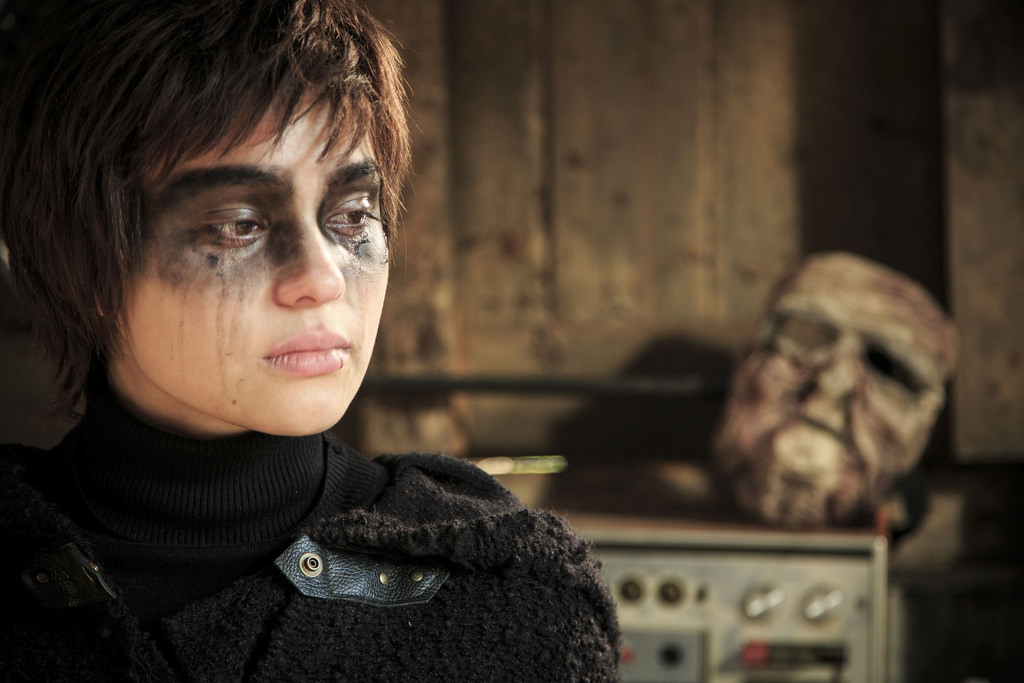
Indigenous Canadian filmmaker Jeff Barnaby (Blood Quantum [2019]) made a memorably startling debut with Rhymes for Young Ghouls, a hurriedly-paced neo-noir revenge flick full of nocuous promise.
Barnaby, who hails from the Listuguj Mi’gmaq First Nation in Quebec, centers his tale of moral ambiguity as he takes a deservedly angry jab at the Residential Schools that brought one of the most effective forms of genocide North America ever witnessed. Set on the fictional Red Crow Reservation in the mid-1970s, a rundown squalor whose adults are broken and whose children suffer inside “Saint D’s” at the hands of villainous Indian Agent, Popper (Mark Antony Krupa).
The best part of the film by far is the feisty and spirited teenaged Alia, played with pluck by the talented Kawennáhere Devery Jacobs. Alia is the movie’s moral center, her tragedies pile up in shocking succession, from her drunken dad being constantly beaten and jailed, to her mother’s heartbreaking suicide, and more. Alia, aided by her Lost Boys-like crew have a plan to beat Popper, once and for all.
Barnaby doesn’t shy away from gore, he relishes in it, a grindhouse homage as the over-cranked and slo-mo ultra-violence never slows. Of all the stylish indulgences, an animated fable is strongest and most astonishing.
Barnaby has vision and craft, and is definitely a director to watch and his first flight, Rhymes for Young Ghouls has many a moving moment and some fist-pumping setpieces to be sure. Recommended.
8. All the Gods in the Sky (2019)
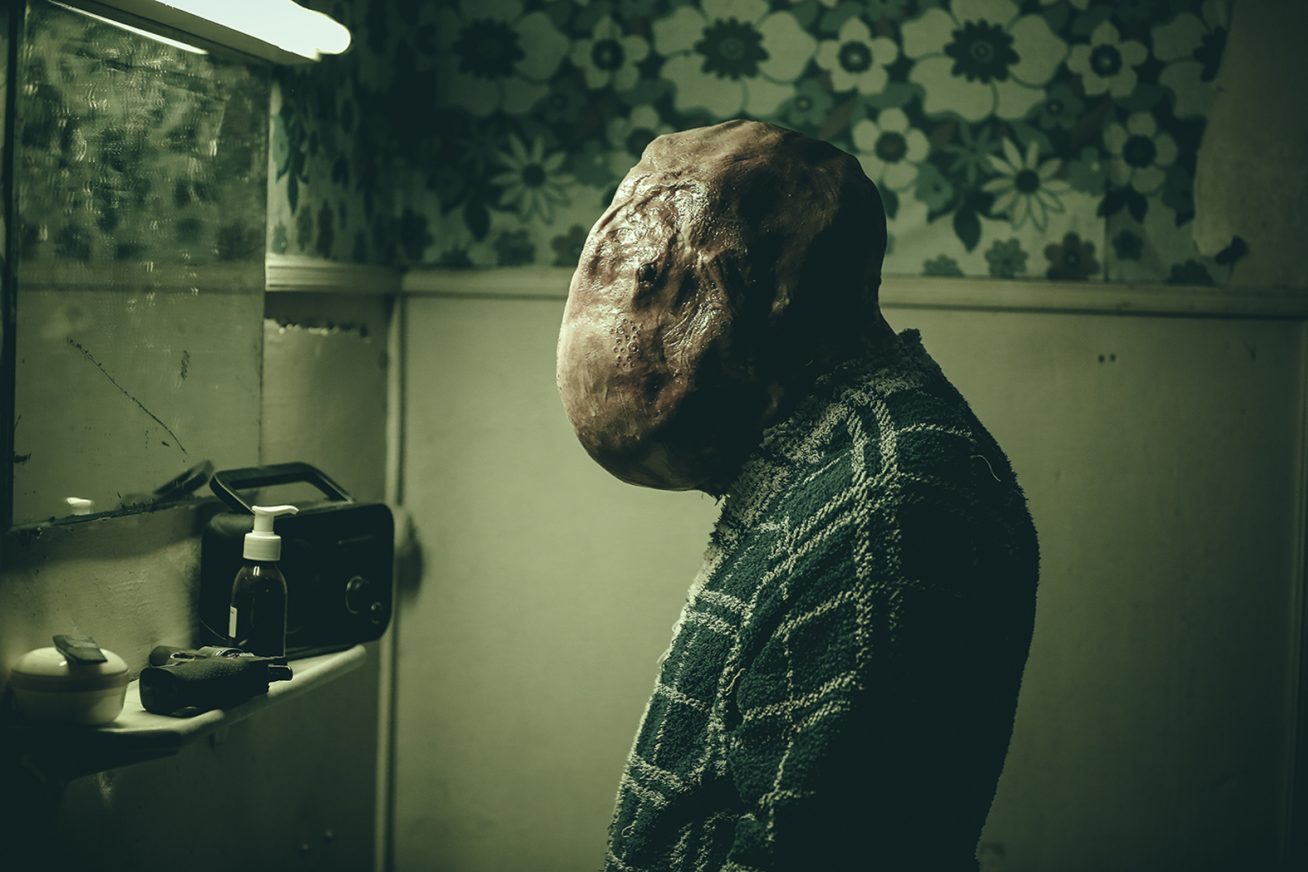
Billed on the festival circuit as “the debut feature from French madman Quarxx”, it’s apparent from All the Gods in the Sky’s very first startling scene that it’s a visionary inauguration from a visionary artist with a subversive and transgressive gradient perfect for a midnight movie experience.
Simon (Sebastian Barrio) is a middle-aged man living in a dilapidated old farmhouse who’s wracked with intense guilt over a childhood accident that left his younger sister Estelle (Melanie Gaydos) severely disabled. Simon is on a slow and steady descent into madness as he cares for Estelle, all the while invoking ominous extraterrestrial intervention.
If you enjoy arthouse horror, sci-fi fantasy, and fairy tale-like storytelling balanced by relatable yet forbidding human incident, this gobsmacking and gruesome little picture might just blow you away. Not to be missed.
7. Taxidermia (2007)
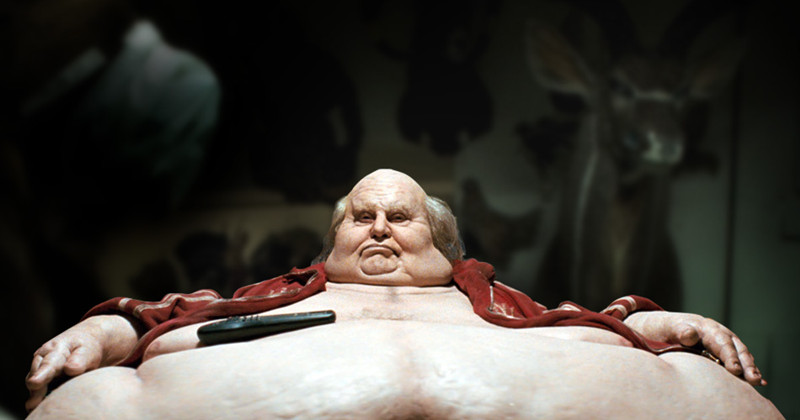
Hungarian surrealist György Pálfi’s second film, the visually striking and altogether outrageous generational drama Taxidermia, displays his signature imagination and wit. The film continues Pálfi’s obsession with machinery and processes, and while not always comfortable to watch, the creative flourishes at the film’s dark heart make it worth stomaching and staying the course.
Divided into three segments over three generations, Taxidermia is a triptych that moves like this: a World War Two-era section gives us grandfather Morosgoványi Vendel (Csaba Czene), a sexually frustrated orderly whose bizarro sexual fantasies are rather outlandish; the second section involves Vendel’s morbidly obese son Balatony Kálmán (Gergely Trócsányi), who to be a champion speed eater; the final segment focuses on Kálmán’s child, Balatony Lajoska (Marc Bischoff) who becomes utterly obsessed with taxidermy. Lajoska’s ambition is to stuff his own body before he dies. Does he succeed? Let’s just say the final scene is something of a jaw-dropper.
Pálfi based Taxidermia off of two stories by noted magical realist writer Lajos Parti Nagy (the taxidermy sequence that stitches them all together is wholly of Pálfi’s own invention), and the resulting film, a miasma of body horror, aberrant desires, and flame-shooting phalluses (yes, you read that correctly). Few filmmakers are as imaginative and messed up as Pálfi, and that’s meant as a sincere compliment.
6. The Dead Don’t Die (2019)
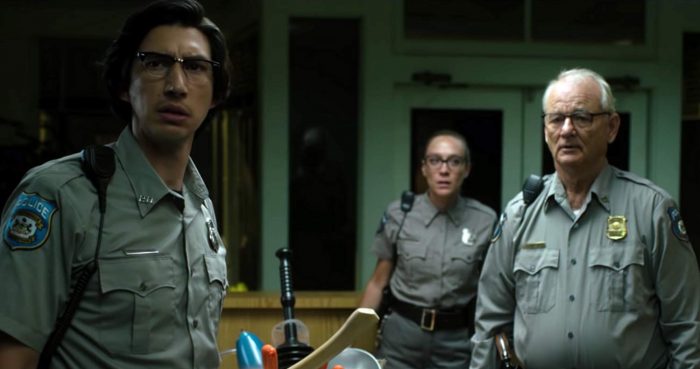
Sure, it may seem at first to be an odd fit that American indie filmmaking legend Jim Jarmusch should mix and mingle with zombies, but if you look closer at his filmography his many genre diversions jump out at you. But if you think about it, he’s had films featuring the dead in prominent roles for a long time; from the ghost of Elvis in Mystery Train (1989), Johnny Depp’s doomed poet in Dead Man (1995), the titular phantom-like hitman/samurai in Ghost Dog (1999), to the undead denizens of Only Lovers Left Alive (2013), to name the most obvious. So maybe making a multi-protagonist horror comedy isn’t that out of the blue after all.
Set in the quaint town of Centerville, The Dead Don’t Die spans a few days during an undead uprising that will herald the end of man. And our guides during the final days are drawn from the filmmaker’s repertoire; Steve Buscemi, Adam Driver, Bill Murray, Iggy Pop, RZA, Tilda Swinton, and Tom Waits amongst them.
Non-fans may well be alienated by how these characters rather matter-of-factly accept their lot; cops Cliff (Murray) and Ronnie (Driver) shrug and carry on their duties as their community is overrun with ghouls. It’s only police woman Mindy (Chlöe Sevigny) who seems to reel in appropriate terror as news reports underscore that severity of it all.
Rarely does the end of times land with such eccentric ruefulness and whimsy while also communicating a serious message about man-made environmental disaster.